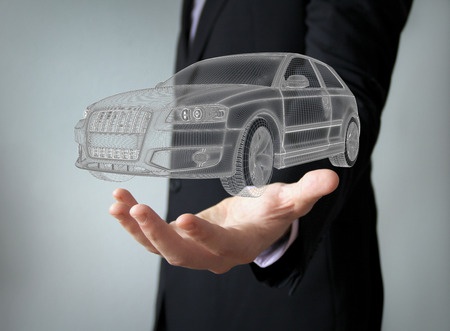Patent FAQs and the United States Patent and Trademark Office
Please feel free to refer to the following FAQs or contact us with additional patent questions or concerns.
Phone: (847) 409-8670
Email: [email protected]
We provide free initial phone consultations!
What is a patent?
A patent is a limited duration property right relating to an invention, granted by the United States Patent and Trademark Office in exchange for public disclosure of the invention.
How do I know if my invention is patentable?
First, review the list of what can and cannot be patented and determine if your invention falls into one of those categories.
Second, learn the basics of the patenting process. We provide free initial phone consultations. Most consultations last 15-20 minutes.
What can be patented?
Utility patents are provided for a new, nonobvious and useful:
- Process
- Machine
- Article of manufacture
- Composition of matter
- Improvement of any of the above
Note: In addition to utility patents, encompassing one of the categories above, patent protection is available for (1) ornamental design of an article of manufacture or (2) asexually reproduced plant varieties by design and plant patents.
What cannot be patented:
- Laws of nature
- Physical phenomena
- Abstract ideas
- Literary, dramatic, musical, and artistic works (these can be Copyright protected). Go to the Copyright Office .
- Inventions which are:
- Not useful (such as perpetual motion machines); or
- Offensive to public morality
Invention must also be:
- Novel
- Nonobvious
- Adequately described or enabled (for one of ordinary skill in the art to make and use the invention)
- Claimed by the inventor in clear and definite terms
Who can apply for a patent?
A patent may be applied for only in the name(s) of the actual inventor(s).
How much cost to obtain a patent?
Fees vary depending on the type of patent application you submit.
Fees may also vary according to the way you “claim” your invention. More information on the filing fees and the number and type of claims.
There are three basic fees for utility patents:
- The filing fee, which is non-refundable whether or not a patent is granted. (This is the cost to have your invention “examined” by the US Patent and Trademark Office – remember, you may or may not get a patent!)
- The issue fee (you pay this only if your application is allowed)
- Maintenance fees (paid at 3 1/2, 7 1/2, and 11 1/2 years after your patent is granted – these fees “maintain” your legal protection).
- Additional fees may be required.
Leave a Reply
You must be logged in to post a comment.

